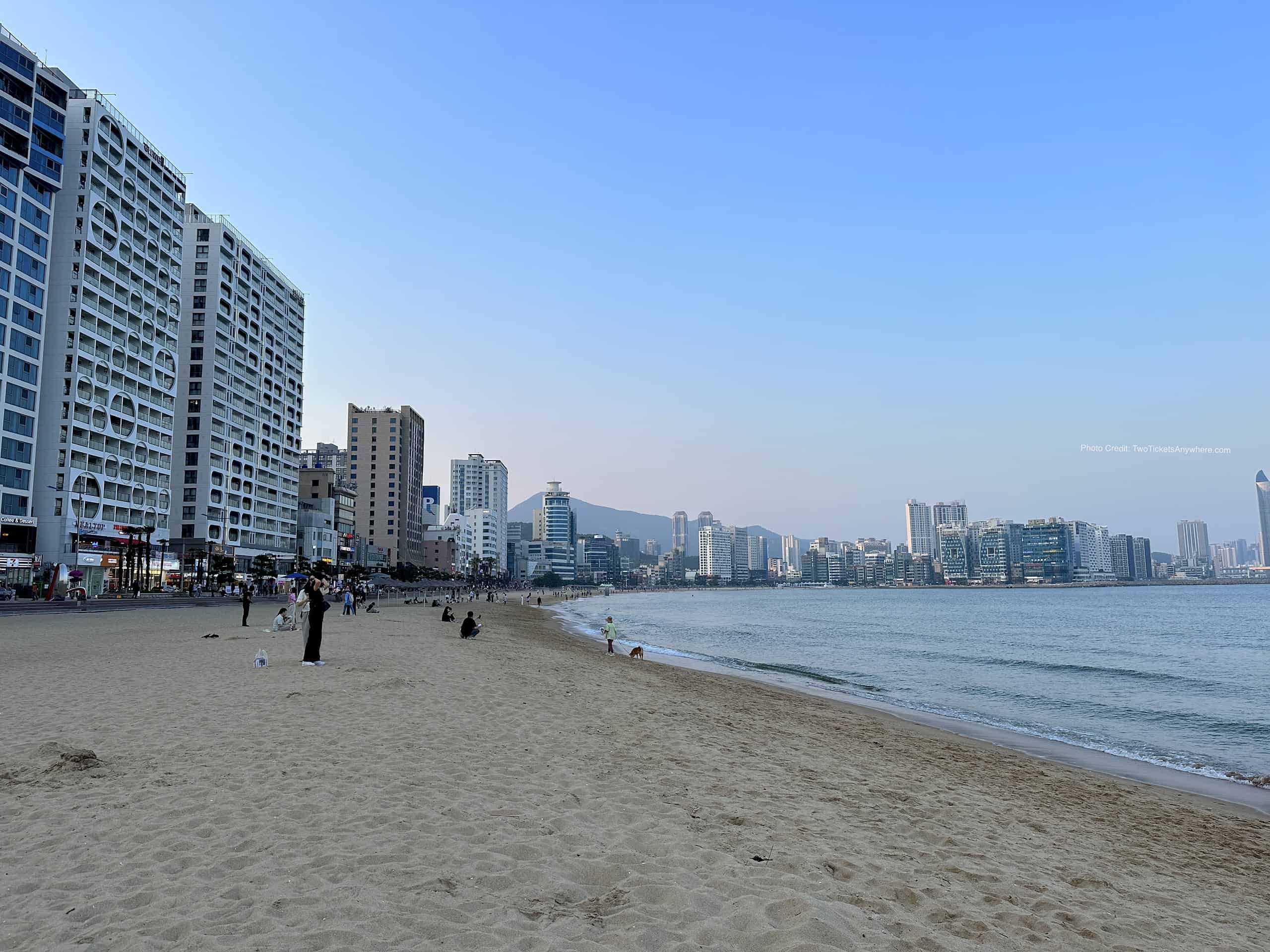
South Korea has announced and released an exciting digital nomad visa on January 1, 2024. Foreigners are now able to apply for this visa, officially called the “Workcation Visa F-1-D” which allows them to live and work remotely in South Korea for up to 2 years.
However, since the visa launch it has only had 7 people apply. This visa seems to have had a slow start in attracting remote workers and digital nomads to South Korea.
The big catch is the high income requirement which won’t suit all digital nomads.
The South Korea digital nomad visa requires you to earn double the gross national income. According to the World Bank, Korea’s per capita GNI was 42.49 million won (approx. $33,000 USD) at the end of 2022. This means that people wanting to apply for the digital nomad visa will need to earn an annual income of at least $66,000 USD or above.
South Korea’s nomad visa has some of the highest income requirements around the world. Other countries like Spain only require a minimum annual income of $25,000 USD. Digital nomad visas do vary based on each country.

Application Requirements
This digital nomad visa is currently open to 49 countries, including the USA, Australia and Germany. The process seems straightforward and it only takes 10-15 business days to get an approval or rejection. An application fee costs $45 USD for US citizens. The fee varies based on nationality.
Along with proof of funds, the visa program requires you to submit a criminal record, insurance subscription and interestingly – a certificate of employment.
The visa details are vague, but it does require you to prove that you will be working a job back in your home country. At the moment, it is unclear if self-employed freelancers are eligible to apply for the South Korea digital nomad visa.
Digital nomad statistics show that 61% of remote workers are self-employed. Some countries understand exactly who digital nomads are and what they look for in a visa program, while others seem to miss the mark.
With over 35 million digital nomads, countries all over the world continue to create and release specific visas to cater to this growing demographic. South Korea is launching this digital nomad visa because it has a 5-year plan to attract and boost foreign tourists and tourism revenue.

South Korea has plans to generate $24.5 billion in tourism revenue, aiming to attract 20 million tourists to this innovative country. For context, South Korea generated $20.7 billion in 2019 (pre-pandemic) and saw 17.5 million tourists come through. The nation is already making strides to prepare for this influx of foreigners.
South Korea is becoming a rising tourist destination thanks to the popularity of K-pop, K-drama and Korean culture in general. Moreover, digital nomads will be attracted to the fast wifi speeds, advancements in technology and comfortable lifestyle that South Korea can offer.
This “Workcation Visa” is on a trial run and they will need to evaluate the results before making it permanent. If you’ve been wanting to live and work remotely from South Korea, now is your chance to take the opportunity!
This is an exciting step for the digital nomad movement as it continues to grow and countries continue to create programs with remote workers in mind.

